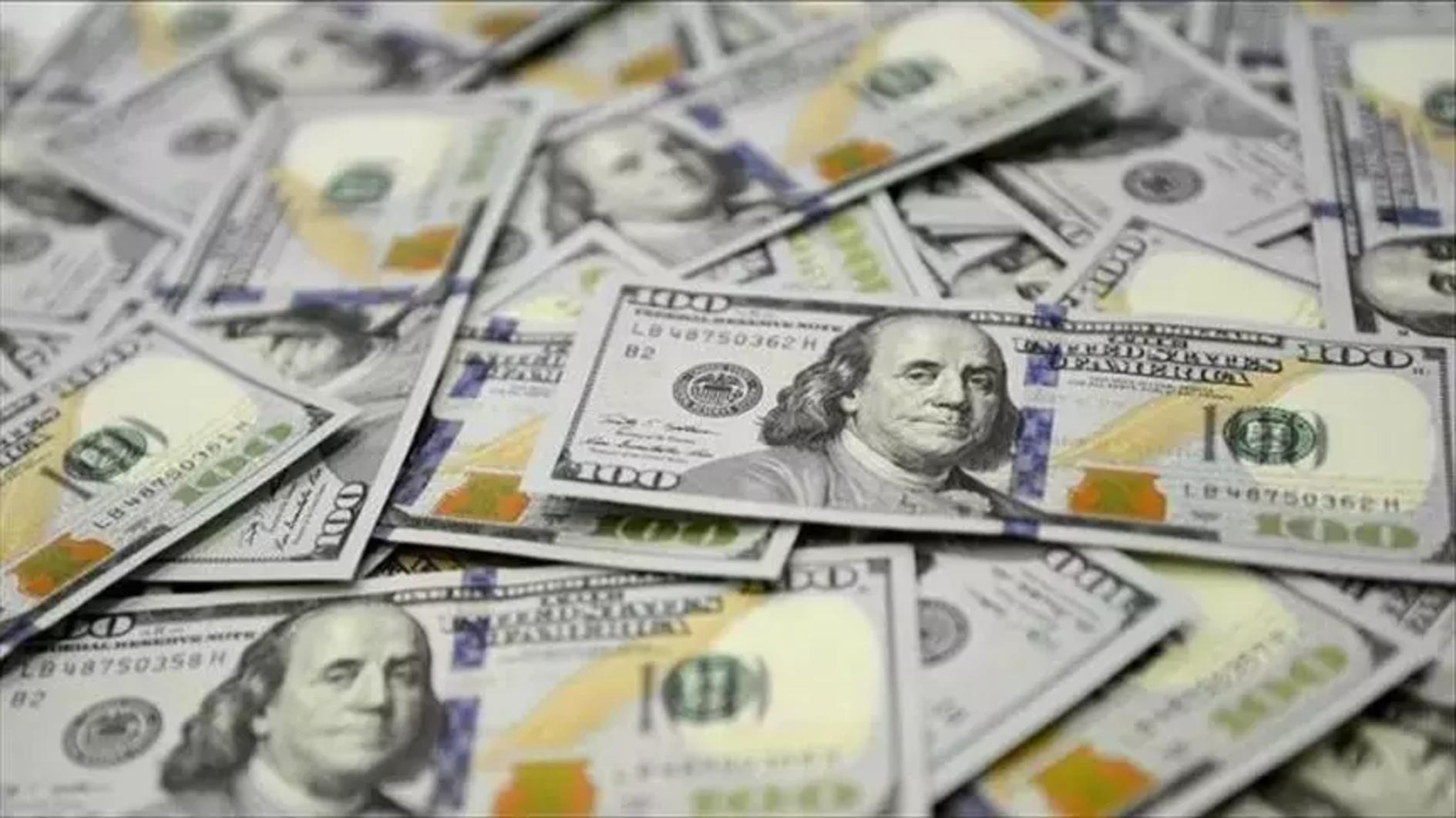A troublemaking model for rights and freedoms
You cannot choose your parents, or the house where you were born. That becomes your destiny. But that destiny can be changed, sometimes by paying the cost for it dearly. Nelson Mandela is the proof of this.
He was born in South Africa to a poor, African family that had no literate members before 1918, under the worst race discriminating regime on earth. He was given the name Rolihlahla, meaning “troublemaker” in his native isiXhosa language. But he was not allowed to use this name when he started school. IsiXhosa was a non-language for the Apartheid regime – like Kurdish under the military regime in Turkey in the early 1980s - and he was given the arbitrary name of Nelson in English, which became his “official” name.
As history has its weird ways of teaching those who want to take lessons, the world would know him by the name given by the Apartheid regime; but also through actions in accordance with his birth name - the troubles he made for the racist regime and its eventual collapse.
Nelson the Troublemaker became a political leader who would achieve almost all of his goals, but had to pay dearly for it. He was denounced as a “communist terrorist” by the Apartheid regime, denounced on U.S. and European blacklists for years, put in prison on “treason” charges, and spent a long and painful 27 years in jail without stepping back from his struggle for rights and freedoms. Thanks to the struggle of the African National Congress (ANC) - of which he became a member in his younger years as a student of law, and the only native African in his university - and the international solidarity of human rights defenders, he had to be released in 1990, despite his life sentence. In the meantime, the world had started to change, thanks to rights movements: Just imagine, there was still racial segregation in the U.S. when Mandela was jailed in 1962, and by the time he got out the Berlin Wall had come down. He had already become a global symbol for rights and freedoms when he was in jail, but he escalated his struggle after he got his personal freedom. Elected as chairman of the ANC in 1991, he shook hands with one of his lifetime rivals, Willem de Klerk in 1992, shared a Nobel Peace Prize with him in 1993, and was elected as the president of South Africa through the first free elections without race discrimination in the country’s history.
In 1992, the Turkish government decided to award Mandela with the Atatürk Peace Prize, which was established by the military regime after the 1980 military coup and which had previously been given to the coup leader himself, General Kenan Evren. Mandela refused to take the prize, carefully stating that he meant no harm to the legacy of Turkey’s founding leader Mustafa Kemal Atatürk. The prize itself was a defamation of Atatürk, the hero of the Turkish War of Independence, but Mandela also mentioned the pressure on Kurds in Turkey. Years later, another dimension of the refusal was speculated on. Before winning his case, Mandela had sent an envoy to Turkey to ask it not to assist Israeli companies selling weapons to the Apartheid regime in South Africa despite embargoes. But the Turkish government denied entry to this envoy, and Mandela noted that down. There have been campaigns since the imprisonment in 1999 of Abdullah Öcalan, the leader of the outlawed Kurdistan Workers’ Party (PKK), to compare his situation with Mandela, but somehow Öcalan was never perceived in the same way. Perhaps the cases were not the same.
Mandela passed away at his 95 on Dec. 5, 2013, was a not only a model for troublemakers against oppressive regimes, but a role model for defenders of rights and freedoms around the world.











